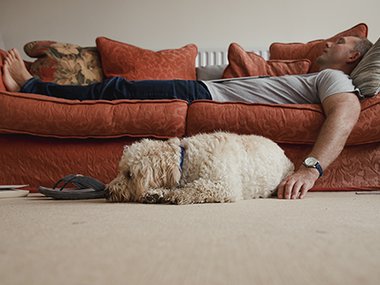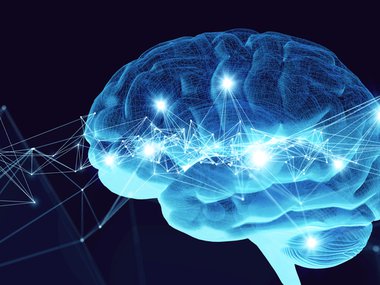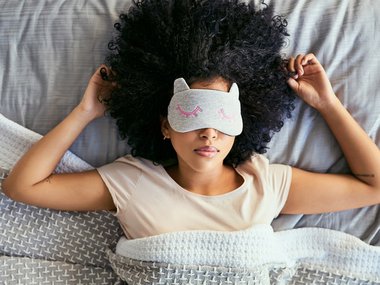Question Your World: Can Proper Sleep Also Prevent the Risk of Heart Failure?
Good morning, science fans! How’d you sleep last night? We still don’t know why we sleep, but we do know that sleep is essential, allowing your body and mind to recharge and function better. But can proper sleep also prevent the risk of heart failure?
A good night’s sleep has been associated with many health benefits, like improving energy, controlling weight gain, managing stress and here’s yet another one. A recent study with over 400,000 participants was just published hinting at how folks who get a good night’s sleep could reduce the likelihood of heart failure by a whopping 42%. From 2006 to 2010, researchers recruited individuals aged 37 to 73. Data was collected by the participants on their individual sleep landscape, things like: Do they get 7 hours or less? About 7 to 8 hours? Maybe more than that? Are they early birds? Night owls? And so on.
All of this information was captured for several years during the study, and then analyzed in 2019. This data allowed researchers to dig into the subject’s overall sleep quality by looking at their sleep duration, bouts of insomnia, amount of snoring and excessive daytime sleepiness. Scientists then factored in and adjusted for variables like subjects with existing health issues, medications, genetic variation and other notable characteristics.

After looking at all the data they saw that individuals with a healthier sleep profile had a 42% lowered risk of heart failure as compared to unhealthy sleepers. Healthy sleepers are early risers, those who get 7-8 hours of sleep a night, those who do not have frequent insomnia and those who do not report daytime sleepiness. This is good to know considering that heart failure affects around 26 million people every year and cardiovascular diseases in general are the number one cause of mortality here on Earth.
Our relationship to sleep is quite important. From helping your body be in good shape through a pandemic to repairing cells to impacting metabolic activity to a myriad of other daily health items, sleep may be a mystery, but it’s clearly important for our mental and physical health.
A good night’s sleep goes a long way for our mental and physical health. Look, we’re not telling you what to do, but you know ... sleep on it.
The Museum is hard at work helping you to discover your world despite dramatically reduced financial resources. If you'd like to help us continue this work, click here to learn how.


